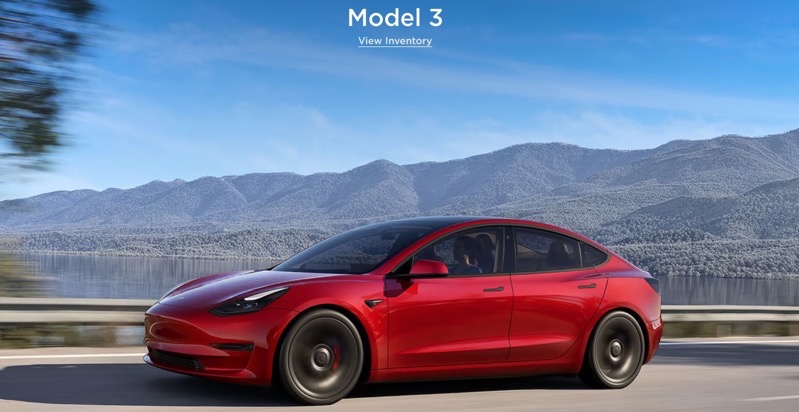Tesla Model 3 Now Cheaper Than Toyota Camry in California

Tesla’s reconfiguration of its battery supply chain has allowed all Model 3 sedans to qualify for substantial federal tax credits, which could potentially make them more affordable than a Toyota Camry in California.
Following recent changes in battery regulations, Tesla has adjusted its supply chain and ensured that every version of the Model 3 can nab the full $7,500 federal tax credit. This is a step up from the previous situation where only two of the three versions were eligible for half the credit.
On top of this, an additional $7,500 tax rebate from the state of California could potentially lower the price of a Model 3 to just $25,240, compared to the $26,320 starting price for a Toyota Camry, points out Reuters. Who would have thought a Model 3 would be cheaper than a Toyota Camry? And with rising gas prices? It just makes sense to transition to an EV.
The successful reevaluation of the tax credit eligibility comes after new battery regulations in April had led to a decrease in the credit amount for the Model 3 Standard Range Rear Wheel Drive and Long Range All-Wheel Drive versions to $3,750. Last week, Tesla confirmed on its website that all versions of the Model 3 are now eligible for the full credit amount, a change that the government has confirmed on its fueleconomy.gov website.
These aggressive discounts and subsidies are likely to bolster sales of the Model 3, which has faced some headwinds this year due to a significant redesign, economic uncertainty, and increased competition.
Experts suggest that Tesla may have restructured its battery supply chain to meet both battery mineral and battery component requirements for federal subsidy. Speculation includes a potential switch from CATL to Panasonic or LG Energy Solution for the U.S.-made Model 3 Rear Wheel Drive, the most affordable version.
In response to queries regarding supply arrangements, CATL stated, “The strategic partnership between the company and customers has not changed and will continue to deepen and improve.”
Meanwhile, Panasonic Holdings announced plans to increase production of electric vehicle batteries at a Nevada factory jointly operated with Tesla by 10% within the next three years.
Additionally, Tesla has begun delivering China-made Model 3s and Model Ys to Canada, which could free up capacity for U.S.-made models, further reinforcing its commitment to making electric vehicles more accessible and affordable for a broader range of consumers.
As of writing, Tesla’s stock is up 2.5% for the day to $226.96, as part of a rally this week.

